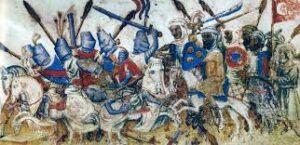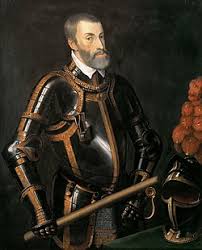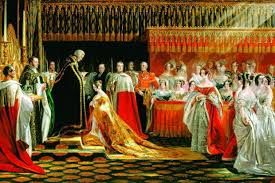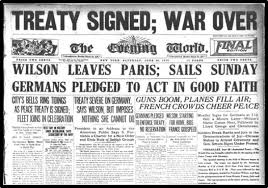Your basket is currently empty!
1098 – Crusaders Defeat Kerbogha at the Siege of Antioch

On June 28, 1098, during the First Crusade, Christian Crusaders defeated Muslim forces led by Kerbogha of Mosul. This battle took place shortly after the Crusaders captured the city of Antioch. Despite being outnumbered and weakened by starvation, the Crusaders claimed divine intervention after discovering the Holy Lance. Their morale surged, leading to a decisive victory. Kerbogha’s army retreated in disarray, marking a turning point in the Crusade. The victory solidified Crusader control over Antioch. It also boosted European support for the Crusades. This event remains a key moment in medieval military history.
1519 – Charles V Elected Holy Roman Emperor

On June 28, 1519, Charles I of Spain was elected Holy Roman Emperor, becoming Charles V. His election united vast territories across Europe under one crown. Charles ruled over Spain, the Netherlands, parts of Italy, and the Americas. His reign was marked by the Protestant Reformation and wars with France and the Ottoman Empire. The election was heavily influenced by bribes and political maneuvering. Charles V’s rule shaped European politics for decades. His empire was one of the largest in history. This event marked the rise of Habsburg dominance in Europe.
1838 – Queen Victoria’s Coronation

Queen Victoria was crowned on June 28, 1838, at Westminster Abbey in London. She was only 18 years old at the time of her coronation. Her reign would become one of the longest in British history, lasting until 1901. The Victorian Era saw major industrial, cultural, and scientific advancements. The coronation ceremony lasted over five hours and was attended by thousands. Victoria’s rule symbolized British imperial power and moral values. Her influence extended across the globe through the British Empire. June 28 became a symbolic date in British royal history.
1914 – Assassination of Archduke Franz Ferdinand

On June 28, 1914, Archduke Franz Ferdinand of Austria-Hungary was assassinated in Sarajevo. The assassin, Gavrilo Princip, was a Bosnian Serb nationalist. This event triggered a chain reaction that led to World War I. Austria-Hungary declared war on Serbia, drawing in alliances across Europe. The assassination exposed deep ethnic tensions in the Balkans. It is considered one of the most consequential events of the 20th century. Millions would die in the war that followed. June 28 became a symbol of political instability and global conflict.
1919 – Treaty of Versailles Signed

Exactly five years after the Archduke’s assassination, the Treaty of Versailles was signed on June 28, 1919. The treaty officially ended World War I between Germany and the Allied Powers. It imposed heavy reparations and territorial losses on Germany. The treaty also established the League of Nations. Many historians believe its harsh terms contributed to World War II. The signing took place in the Hall of Mirrors at the Palace of Versailles. It reshaped the map of Europe and the Middle East. June 28 became a date of both peace and controversy.
